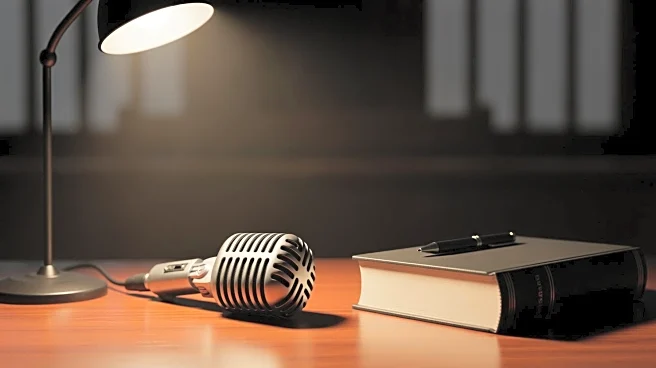What's Happening?
The University of Michigan's football program has been sanctioned by the NCAA following an investigation into a sign-stealing scandal involving former assistant Connor Stalions. The NCAA found violations related to off-campus scouting, recruiting inducements, and communication failures. As a result, Michigan faces penalties including an eight-year show-cause for Stalions, a ten-year show-cause for former head coach Jim Harbaugh, a three-game suspension for Sherrone Moore, and financial penalties. Despite the severity of the infractions, the NCAA opted not to impose a postseason ban, citing the unfairness of penalizing current student-athletes for past actions by former staff.
Why It's Important?
The sanctions against Michigan highlight the NCAA's ongoing efforts to enforce compliance and integrity within college sports. The decision not to impose a postseason ban reflects a shift towards penalizing institutions financially rather than affecting current athletes' opportunities. This case underscores the challenges in balancing punishment with fairness, especially when infractions involve individuals no longer associated with the program. The financial penalties and recruiting restrictions could impact Michigan's competitiveness and reputation in college football.
What's Next?
Michigan will need to navigate the consequences of these sanctions, including financial penalties and recruiting restrictions. The program must focus on compliance and rebuilding its reputation. The absence of a postseason ban allows Michigan to compete in upcoming seasons, but the loss of key personnel and recruiting limitations may affect its performance. The broader college football community will likely monitor Michigan's response and the NCAA's handling of similar cases in the future.
Beyond the Headlines
The scandal raises ethical questions about the lengths to which programs might go to gain competitive advantages. It also highlights the importance of institutional oversight and accountability in college sports. The case may prompt discussions on the effectiveness of NCAA sanctions and the need for reform in how violations are addressed.









